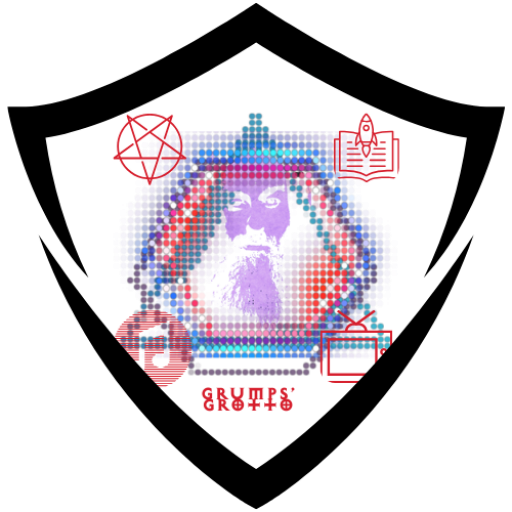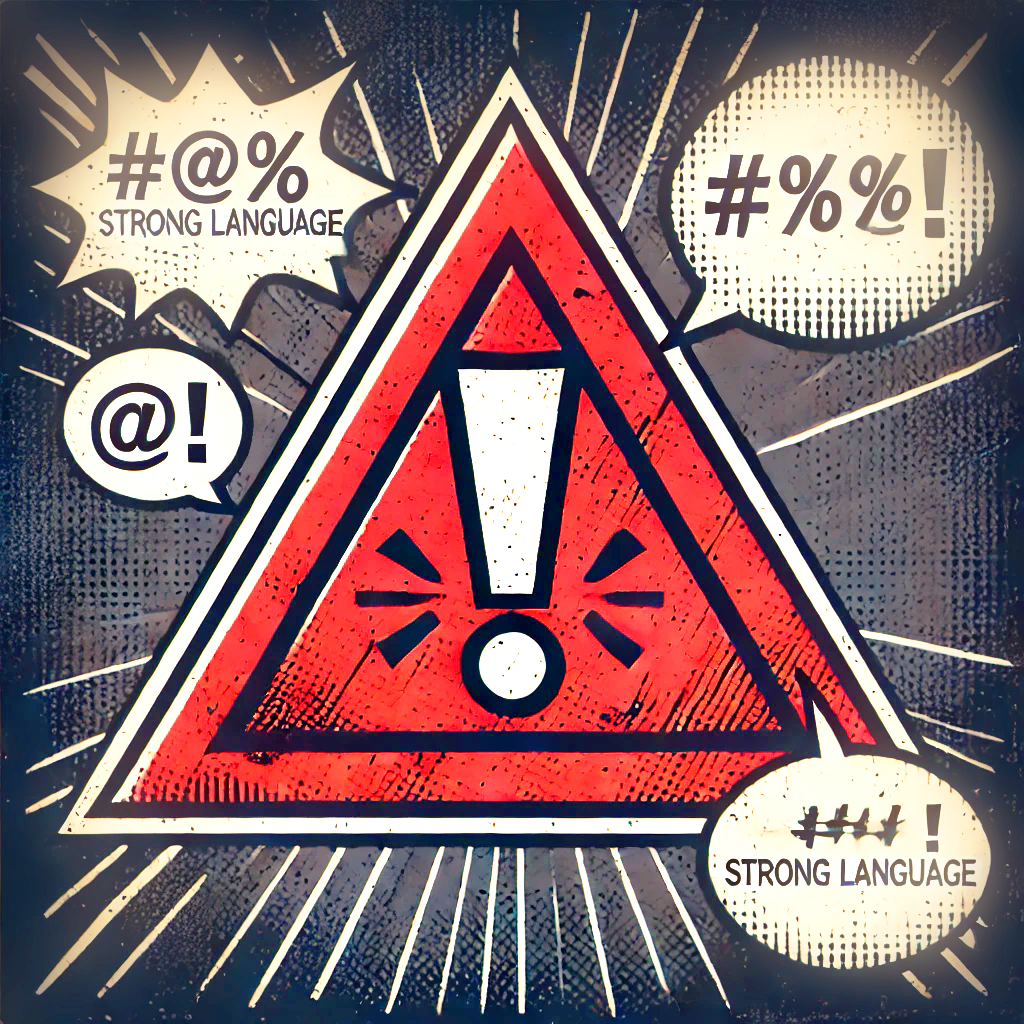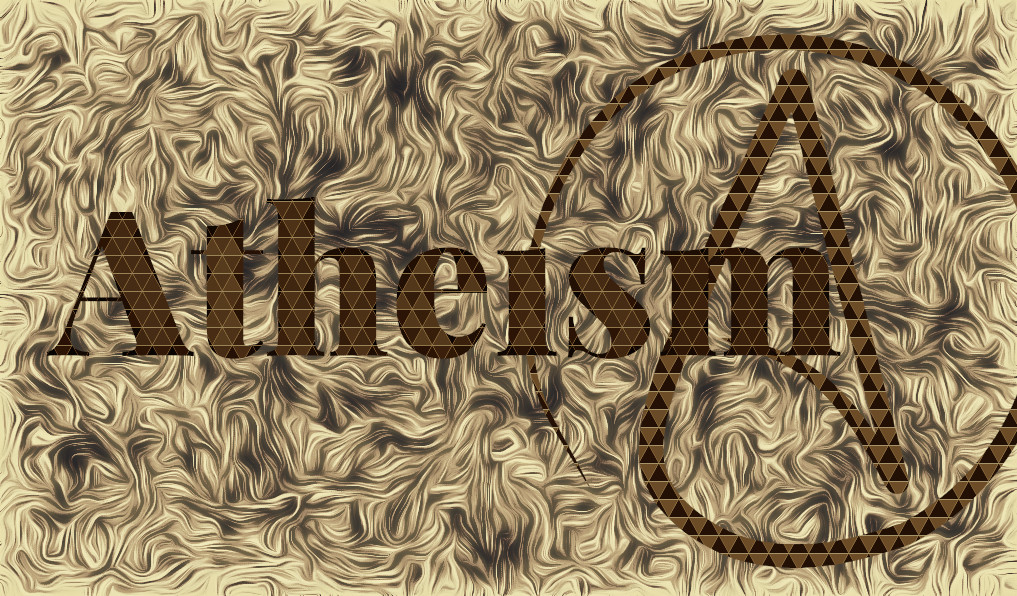When most people hear the word “atheism,” they often reduce it to a simple disbelief in gods. And sure, that’s technically accurate, but it’s also an insultingly narrow view that glosses over the rich and dynamic philosophical landscape atheism offers. Reducing atheism to “just disbelief” is like saying an artist who rejects conventional techniques is just someone who doesn’t paint by numbers. There’s so much more going on. Atheism isn’t passive—it’s an active stance that demands engagement with the world around us. It forces us to examine not only the existence of deities but to question the systems we’ve been handed to navigate morality, meaning, and the very nature of reality itself.
At its core, atheism is a rejection of lazy thinking. It’s not just about denying gods, it’s about embracing the complexity of life without them. Once we shake off the comforting but ultimately unfulfilling idea that there’s a cosmic parent looking out for us, we’re left with something far more profound: responsibility. For our actions. For our beliefs. For our lives. Atheism hands us the reins and says, “Alright, your move.”
And let’s be real—there’s freedom in that. But it’s also terrifying for some. The idea that there’s no divine authority doling out consequences or rewards can feel unsettling, even chaotic. Critics love to paint atheism as a fast track to nihilism, as if atheists wake up every morning shrugging at the idea of ethics, love, or meaning. What they miss is that atheism opens the door to a morality that’s grounded in something real—our humanity. Without a deity pulling the strings, we’re free to build moral systems rooted in empathy, reason, and a shared recognition of the human experience.
This approach to morality doesn’t weaken ethics; it strengthens them. When morality isn’t dictated by a higher power, it becomes a living, breathing construct. It evolves with us. It grows as we grow. And it doesn’t come with the baggage of archaic texts or contradictory commandments. Instead, atheistic morality asks: How do our actions impact others? How can we better the world? It’s a morality shaped by the consequences of what we do here, not the promise of what may or may not happen after death.
And no, atheism isn’t inherently negative or rebellious—although, I’ll admit, there’s a certain satisfaction in rejecting the gods that have dictated so much of human history. But let’s not stop at rebellion. Atheism isn’t about rejection, it’s about liberation. Without gods, we’re free to craft our own narratives. We’re free to decide what matters, what’s meaningful, and what’s worth fighting for. This is where critical thinking comes into play—atheism encourages us to question not just religious doctrines but any and all systems of authority and tradition that claim to have the answers. We’re not just looking for what’s beyond the gods; we’re trying to see beyond the walls of dogma and hierarchy.
Now, about that pesky question of meaning. Yes, the universe is indifferent. But here’s the thing: atheism doesn’t crumble under the weight of that indifference—it thrives in it. Instead of wallowing in the fact that we don’t have a built-in purpose, we create one. Meaning isn’t handed down from on high—it’s something we build, piece by piece, through our actions, relationships, and experiences. The universe may not care, but we do, and that’s where the real magic happens. We find meaning in love, in connection, in discovery, and in the simple fact that we exist in this fleeting moment.
So, the next time someone tries to reduce atheism to a mere disbelief, remind them that atheism is not the absence of belief—it’s the presence of thought. It’s the active, ongoing journey to understand the world as it is, not as we wish it to be. It’s the embrace of reality in all its raw, chaotic beauty, and the determination to make something meaningful out of it, no gods required.

Raven Ashford
Raven Ashford is a blogger for BaedonWebZine, exploring unconventional ideas and challenging mainstream beliefs with wit and sharp commentary. As a Satanist, she offers a unique perspective on alternative beliefs.



Leave a Reply